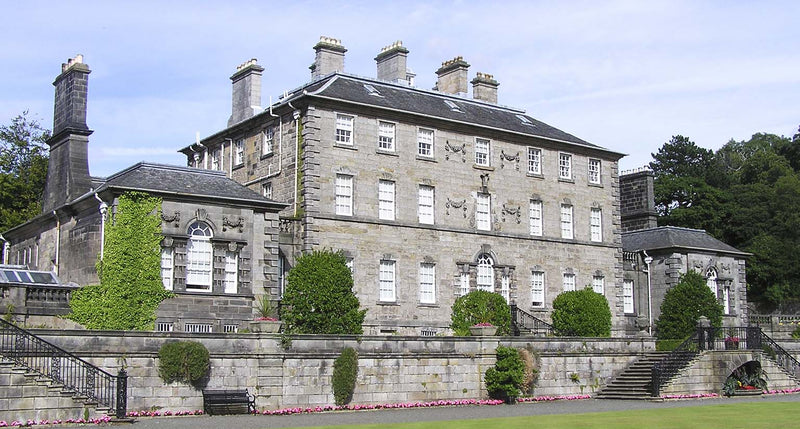The name Maxwell originates from Maccus, a Norse chief and son of Undweyn, who gave his name to Maccuswell, a pool of the river Tweed near Kelso bridge. A grandson of Maccus, John Maxwell, became chamberlain of Scotland before dying in 1241, to be succeeded by his brother Aylmer. From Aylmer sprang many branches of […]
Tag Archives: Maxwell Clan History
The name Maxwell originates from Maccus, a Norse chief and son of Undweyn, who gave his name to Maccuswell, a pool of the river Tweed near Kelso bridge. A grandson of Maccus, John Maxwell, became chamberlain of Scotland before dying in 1241, to be succeeded by his brother Aylmer.
From Aylmer sprang many branches of the family throughout the south-west of Scotland.
The Maxwell clan supported Robert the Bruce and fought at his side at the Battle of Bannockburn in 1314, under the clan chief of Eustace Maxwell. Herbert, the succeeding clan chief was knighted by James I for his services to the crown.
The Maxwell Lords followed a tradition of diplomacy and political intrigue – the fifth Lord was on friendly terms with Henry VII of England, while the seventh Lord was linked with a number of plots to restore Mary, Queen of Scots to her throne. After her execution he continued to seek support for a catholic revolution in Scotland, corresponding regularly with Philip of Spain.
The Maxwell family were created Earls of Nithsdale and the fifth earl, a staunch Jacobite, was captured at the Battle of Preston during the 1715 rising. He was taken to London, tried for treason and sentenced to death. On the eve of his execution he made a daring escape from the Tower of London, disguised as a serving woman. His wife assisted in this escape, and together they fled to the Continent, where they remained in exile.
Pollok House, the seat of the Maxwell Baronets of Pollok, is now of international importance, as it houses the world-famous Burrell Collection in its grounds.

